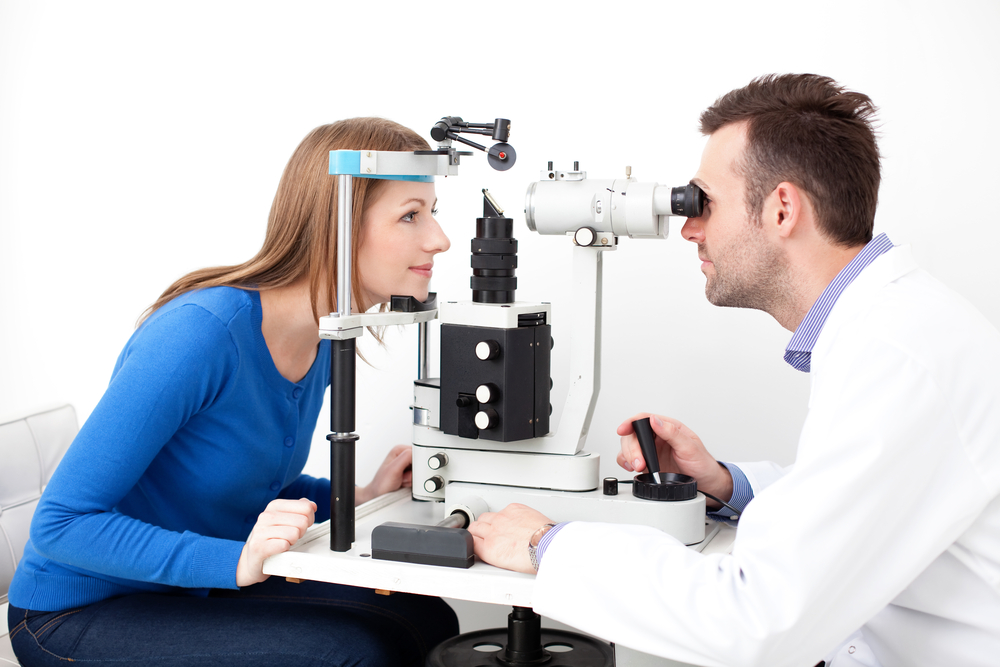What to Expect During Your First Comprehensive Eye Exam
Blog:What to Expect During Your First Comprehensive Eye Exam

What to Expect During Your First Comprehensive Eye Exam
Scheduling your first comprehensive eye exam is an essential step in maintaining good vision and overall eye health. Whether you’re experiencing vision changes, eye discomfort, or simply want to ensure your eyes are in good condition, an exam with an optometrist can provide valuable insights. Understanding what to expect can help ease any concerns and ensure you’re prepared for your visit.
Medical and Vision History Discussion
Your eye exam will begin with a discussion about your medical and vision history. Your optometrist will ask about any existing vision problems, past eye conditions, family history of eye diseases, and any medications you’re taking. If you wear glasses or contact lenses, be sure to bring them to your appointment.
Vision Testing
To assess how well you see, your optometrist will conduct a visual acuity test using an eye chart. This test helps determine if you have nearsightedness, farsightedness, astigmatism, or other refractive errors. You may also undergo a refraction test, where different lenses are placed in front of your eyes to find the prescription that provides the clearest vision.
Eye Health Evaluation
Your optometrist will examine the overall health of your eyes using specialized instruments and techniques, including:
• Slit Lamp Exam – This microscope allows the doctor to check the front of your eyes for abnormalities in the cornea, lens, and other structures.
• Retinal Exam – Using dilation drops or advanced imaging technology, your optometrist will examine the back of your eyes, including the retina and optic nerve, for signs of conditions like macular degeneration, diabetic retinopathy, and glaucoma.
• Eye Pressure Test (Tonometry) – To check for glaucoma, your doctor may perform a tonometry test, which measures the pressure inside your eyes.
What Can an Eye Exam Uncover?
A comprehensive eye exam can uncover a wide range of eye conditions, many of which may not present noticeable symptoms in their early stages. Common issues detected during an exam include refractive errors, which affect the clarity of vision. More serious conditions, like glaucoma, can lead to permanent vision loss if not diagnosed and treated early. Cataracts, which cause clouding of the eye’s lens, and macular degeneration, a leading cause of vision loss in older adults, can also be identified during an exam.
Additionally, an eye exam can reveal signs of diabetic retinopathy, a complication of diabetes that damages blood vessels in the retina, as well as dry eye syndrome, which causes discomfort and vision fluctuations. Since many eye diseases develop gradually, regular comprehensive eye exams play a crucial role in early detection and effective treatment.
Schedule Your Eye Exam Today
A comprehensive eye exam is an important part of maintaining good eye health and detecting any potential vision issues early. Regular eye exams not only ensure clear vision but also help identify underlying health concerns that may affect your overall well-being.
If you’re due for a routine check-up, schedule an eye exam with Texas State Optical and take the first step toward better vision and eye health. Visit our office in Brenham, Texas, or call (979) 836-1077 to book an appointment today.


